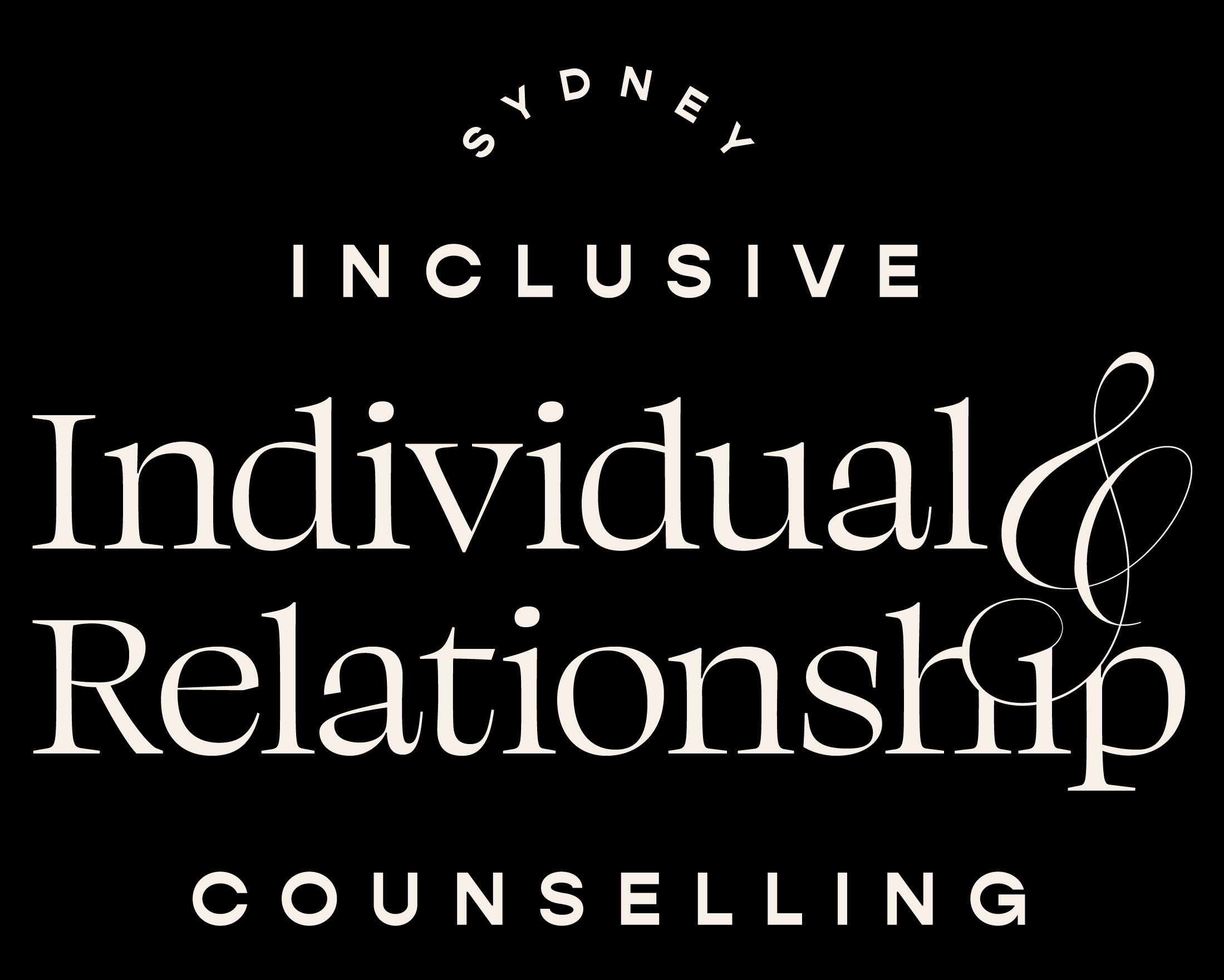What actually is trauma-informed practice? (When it's not a buzzword.)
People have been adding it like a buzzword to their profiles and resumes for clinicians and leadership. I think some people don’t actually understand it and see it as just a neurobiological understanding of trauma – it isn’t!
It’s great that it’s becoming more mainstream but it’s problematic that people are only taking a shallow understanding of it and misusing it. This is applicable not just to people who provide counselling or front-line services – also research, advocacy, leadership and management, and beyond.
True trauma-informed care is a social justice framework when done well as it needs to beyond just a focus on the neurobiology of an individual, and expand to include awareness and disruption of the systemic contributors injustice and violence.
Trauma-Informed Supervision:
Recognises power dynamics (e.g. reflects on positionality and privileges, tries to share power where possible, checks in, explicit consent, creating agreement on how to work together, invites regular feedback)
Recognises lived experience (and doesn’t automatically privilege “professional” training over lived experience expertise)
Recognises and validates the experience of trauma.
Recognises and normalises the response to trauma (and puts the responsibility for the impact of the trauma on the oppressor and not the client who maye not be a “perfect” victim)
Other thoughts about being trauma-informed:
Trust is not seen as automatic and no one is entitled to it due to their position or role. Trust is earned over time by consistently showing up and behaving by your values.
The person with more power has more responsibility to create psychological safety and model vulnerability.
I take an invitational approach and ask for explicit permission to talk about topics.
Trauma-informed training doesn’t take the place of anti-racism/oppression work, and it’s not about just doing one and ticking a box. It is intentional ongoing work.
All feelings have to be welcome and held in the relationship space between two people where there is authentic trust and vulnerability.
Holding safe spaces and containers for people’s full expression of their trauma which may include externalised anger and rage. These feelings are often framed as “negative” or “dangerous” by society that may trigger a feeling of threat or fear or discomfort in you. These feelings are not directed AT you but you are receiving and holding a container for them – this takes an immense amount of energy to be able to hold it and not take it personally. All feelings are just information, and neutral.
My case notes clearly identify the cause of people’s trauma reactions as the fault of the person who caused harm and used violence.
Questions to ask yourself:
What is my understanding of trauma?
Do I need to do any of my own healing to be able to hold space and grace for other people’s trauma?
What reputable training and professional development have I done or need to do?
What behavioural ways am I implementing trauma-informed practice in my life and work?
What support do I need to help keep myself accountable and assess my practice?
(Hint: Clinical supervision/mentorship/peer supervision)
How often do I engage with best practice, or updating myself on the latest research on trauma-informed practice?
Am I aware of and adhering to ethics for my role/title?
How do I respond when someone (a client, employee, supervisee, team, community etc.) who may need something outside my comfort zone? (i.e. Who do I contact for advice? Is there a policy or process?)

